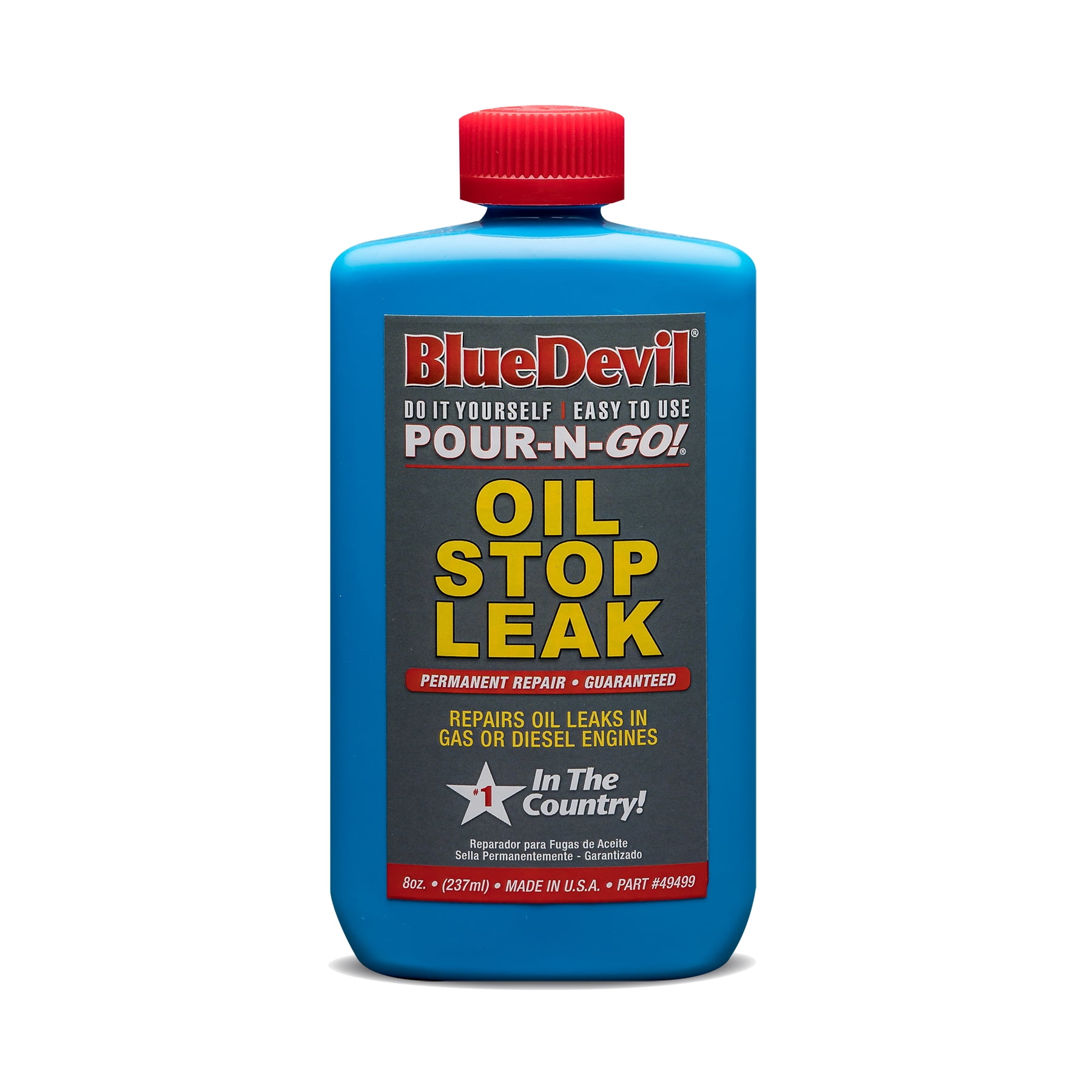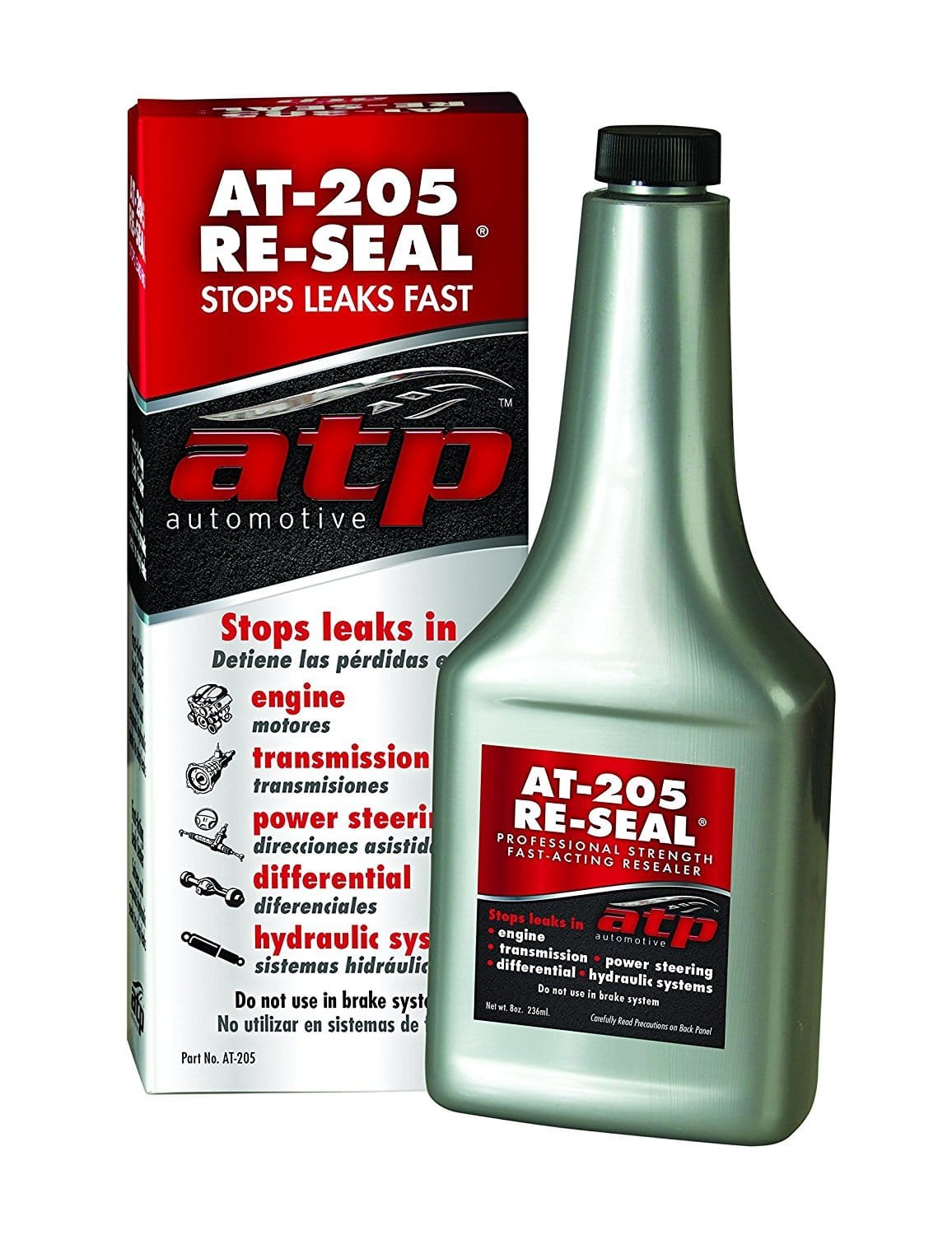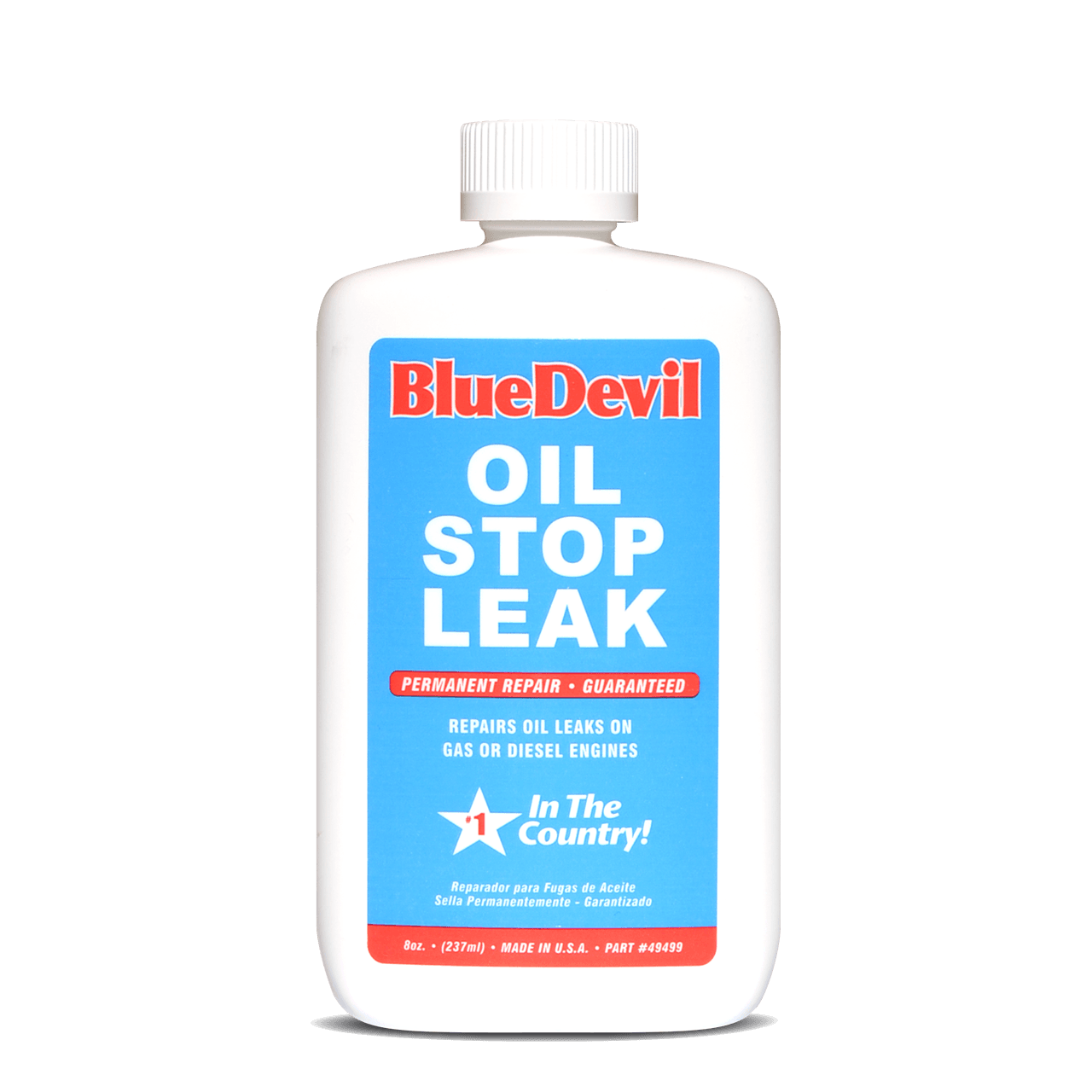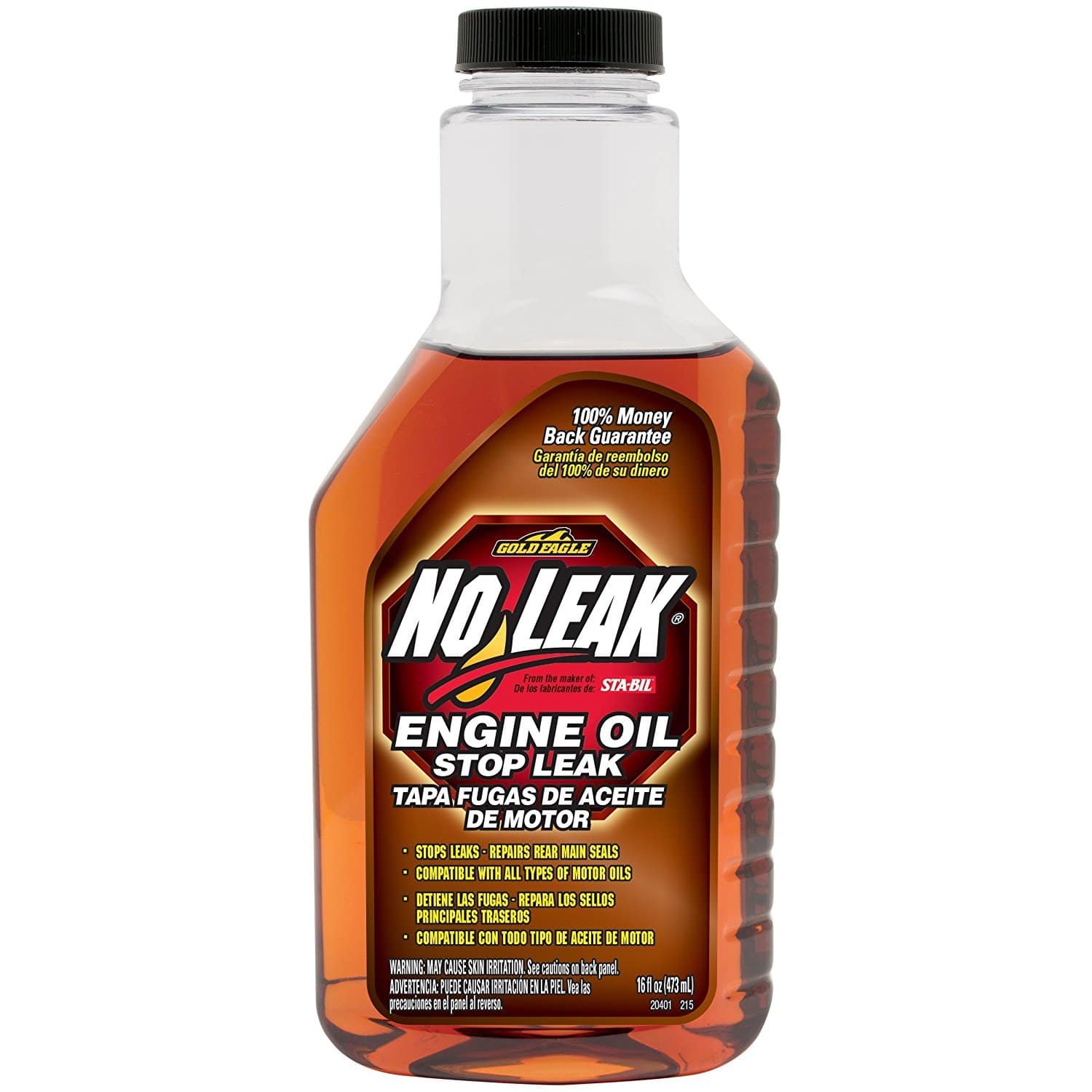Worrying about your car spewing oil all over your driveway? Explore our comprehensive guide and master the techniques to stop oil leaks, leaving your car spotless and your peace of mind intact!
An oil leakage from your car isn’t just a messy inconvenience – it can lead to costly repairs or even engine damage if left unchecked. But fret not! This guide will empower you with the knowledge and steps to effectively seal that pesky leak.
To stop an oil leak, you’ll need to identify the source of the leak, gather the necessary tools and materials, and follow a proper repair procedure.
Here’s a quick recap of the key points:
- Identify the leak’s source: Common culprits include the oil pan, valve cover gasket, or oil filter.
- Gather the right tools: You’ll need a wrench, socket set, oil filter wrench, and replacement parts.
- Follow proper repair steps: Clean the leak area, apply sealant or replace gaskets as needed, and tighten bolts securely.
Sure, there are more intricate details to consider, but this overview should set you on the right path.

Identifying the Oil Leak Source
Before you can stop the leak, you need to know where it’s coming from. Here are some common culprits:
- Oil pan: A leak here can be caused by a damaged pan or a loose drain plug.
- Valve cover gasket: This gasket seals the valve cover to the engine block. A leak here can cause oil to seep out.
- Oil filter: A loose or damaged oil filter can also lead to leaks.
Once you’ve identified the source, you can proceed to the next step.

Gathering the Right Tools and Materials
Before you start the repair, make sure you have all the necessary tools and materials on hand. Here’s what you’ll need:
- Wrench
- Socket set
- Oil filter wrench
- Replacement parts (gaskets, seals, oil filter)
- Oil pan sealant
- Rags or paper towels
With all your tools and parts ready, you’re all set to tackle the repair.

Step-by-Step Repair Procedure
Now comes the practical part. Here’s a step-by-step guide to help you stop the oil leak:
- Clean the leak area: Use a degreaser or brake cleaner to clean the area around the leak. This will help the sealant or gasket adhere properly.
- Apply sealant or replace gaskets: If the leak is coming from a gasket, you’ll need to replace it. If the leak is coming from an oil pan or other part, you can apply oil pan sealant to stop the leak.
- Tighten bolts securely: Once you’ve applied the sealant or replaced the gasket, tighten all the bolts securely. This will help prevent further leaks.
Once you’ve followed these steps, the oil leak should be stopped. If you’re still experiencing leaks, you may need to take your car to a mechanic for further diagnosis and repair.

Tips for Preventing Oil Leaks
Once you’ve stopped the oil leak, you’ll want to take steps to prevent future leaks. Here are a few tips:
- Check your oil level regularly: Low oil levels can cause seals and gaskets to fail, leading to leaks.
- Change your oil and filter regularly: Old oil can break down and cause leaks. Changing your oil and filter regularly will help keep your engine clean and running smoothly.
- Inspect your car for leaks: Look for oil spots on your driveway or under your car. If you see any leaks, get them repaired as soon as possible.
By following these tips, you can help prevent oil leaks and keep your car running in top condition.
Oil Leak Prevention Checklist
To further help you prevent oil leaks, here’s a checklist of things to look out for:
- Check your oil level every month.
- Change your oil and filter every 3,000 to 5,000 miles.
- Inspect your car for leaks every time you change your oil.
- Look for signs of leaks, such as oil spots on your driveway or under your car.
- Get any leaks repaired as soon as possible.
By following this checklist, you can help keep your car leak-free and running smoothly for years to come.

Conclusion of How to Stop Oil Leak from Car
By following the steps outlined in this guide, you can effectively stop oil leaks from your car and prevent future leaks. Remember to check your oil level and change your oil and filter regularly to keep your car running in top condition. If you experience any leaks, get them repaired as soon as possible to avoid costly repairs or engine damage.